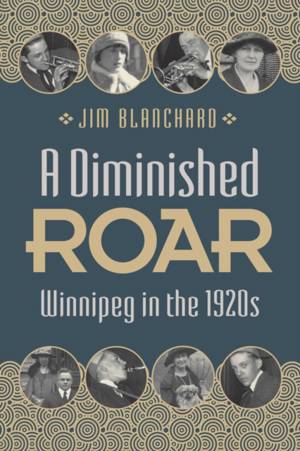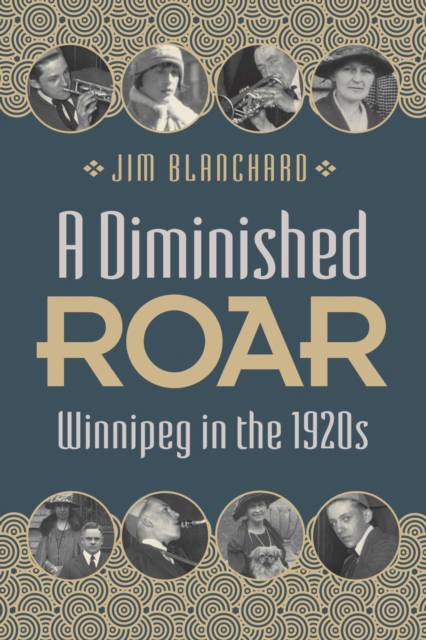
- Retrait gratuit dans votre magasin Club
- 7.000.000 titres dans notre catalogue
- Payer en toute sécurité
- Toujours un magasin près de chez vous
- Retrait gratuit dans votre magasin Club
- 7.000.000 titres dans notre catalogue
- Payer en toute sécurité
- Toujours un magasin près de chez vous
Description
The third instalment in Jim Blanchard's popular history of early Winnipeg, A Diminished Roar presents a city in the midst of enormous change. Once the fastest growing city in Canada, by 1920 Winnipeg was losing its dominant position in western Canada. As the decade began, Winnipeggers were reeling from the chaos of the Great War and the influenza pandemic. But it was the divisions exposed by the 1919 Winnipeg General Strike which left the deepest marks. As Winnipeg wrestled with its changing fortunes, its citizens looked for new ways to imagine the city's future and identity.
Beginning with the opening of the magnificent new provincial legislature building in 1920, A Diminished Roar guides readers through this decade of political and social turmoil. At City Hall, two very different politicians dominated the scene. Winnipeg's first Labour mayor, S.J. Farmer, pushed for more public services. His rival, Ralph Webb, would act as the city's chief "booster" as mayor, encouraging U.S. tourists with the promise of "snowballs and highballs." Meanwhile, promoters tried to rekindle the city's spirits with plans for new public projects, such as a grand boulevard through the middle of the city, a new amusement park, and the start of professional horse racing. In the midst of the Jazz Age, Winnipeg's teenagers grappled with "problems of the heart," and social groups like the Gyro Club organized masked balls for the city's elite.
Spécifications
Parties prenantes
- Auteur(s) :
- Editeur:
Contenu
- Nombre de pages :
- 304
- Langue:
- Anglais
Caractéristiques
- EAN:
- 9780887558399
- Date de parution :
- 06-09-19
- Format:
- Livre broché
- Format numérique:
- Trade paperback (VS)
- Dimensions :
- 161 mm x 228 mm
- Poids :
- 362 g







